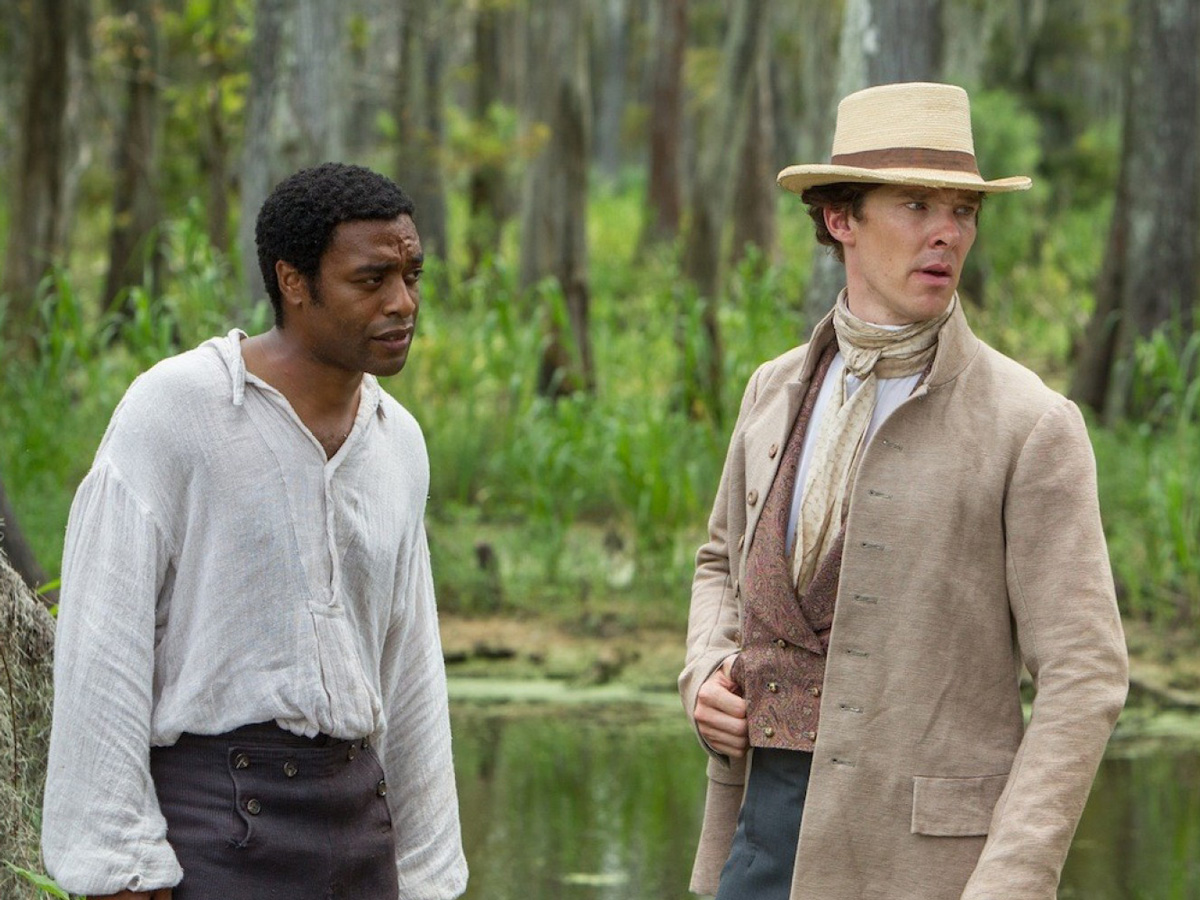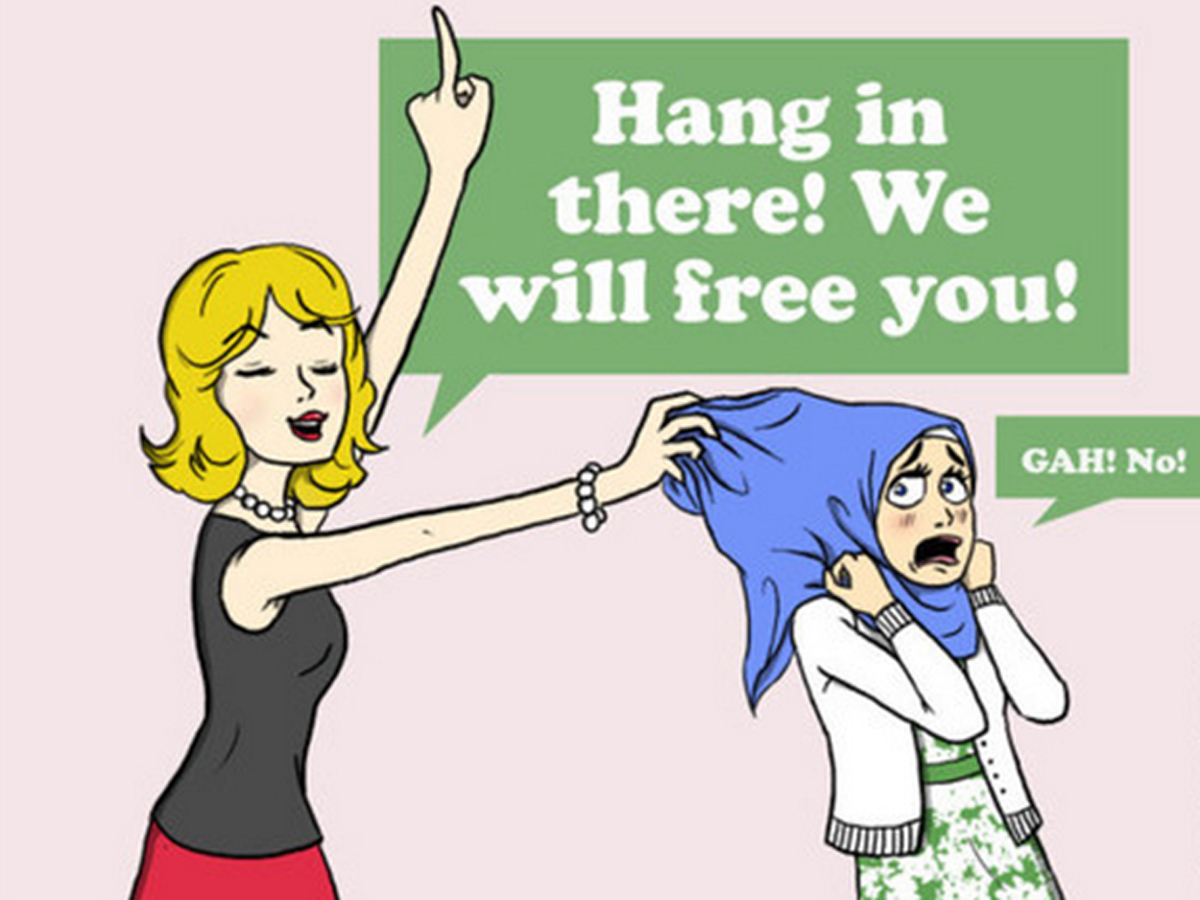Where Are All The Black People In Theatre?
Olivia wants to know where all the black people in theatre are. Because the statistics are worrying.
When you think of theatre, you probably think of middle-aged white men in tights…
Being a mixed-race female in the world of theatre has proved testing, empowering and enlightening. When you think of theatre, you probably think of middle-aged white men in tights, which for a large part of history was exactly the case. In 2016, however, the theatre world is a far more colourful place, but it could still be a little brighter. Needless to say, since starting my Drama degree in 2013 I have had an interesting journey.
In 2014 it was announced that one in eight students at drama school were from a minority background. These statistics show that 13.5% of those enrolling in one-year courses were from BME backgrounds, which is a positive number considering the BME population is around 14% in the UK. Involvement in the arts from different culture, ethnicities and genders is no longer the biggest problem faced, the ‘level playing field’ is.
…there’s nothing worse than feeling like you’ve been asked to attend a workshop simply because you tick a box for the organiser.
I’m not sure how I feel about implementing quotas for more minorities (in regards to race, gender, disabilities etc) within the theatre world – there’s nothing worse than feeling like you’ve been asked to attend a workshop simply because you tick a box for the organiser.
However judging from the drama school statistics, this is improving and there are more people of colour in the industry. That being said, the theatre world is far from defined by its drama schools and there is a whole other branch of theatre via local venues, small companies and theatre in education schemes that need to be included in the discussion.
Diversity in theatre must go beyond what is seen on stage – although that in itself is an issue – it must stretch to the writers, directors, producers and teachers of theatre so that diversity is no longer something one has to go out of their way to get.
How else can we integrate people from all ethnicities into theatre so that the diversity of the UK is reflected in all areas of production?
How else can we integrate people from all ethnicities into theatre so that the diversity of the UK is reflected in all areas of production?
After all, clearly the drama school figures haven’t changed the outlook of white directors, who seem to put people of colour in stereotyped roles.
Should we expect white writers to write roles for other ethnicities or will they always be speaking for us rather than letting us speak for ourselves?
Occasionally roles will require actors from particular racial backgrounds for historical or contextual reasons, but when the only roles black women can get are that of slaves, maids and single mums, we have to put our hands up and admit there is a problem. Yes, people of colour are getting more roles, but they do not get the same opportunities.
I’m sure we can all agree that you pick who is right for the job, regardless of race, gender, and nationality?
Unfortunately not everyone follows this rule and people are often not cast in productions because of what they look like. For example, how could I be cast as the daughter in a white family? Although it seems groundbreaking to some people it really is quite simple. My mother, stepfather and sister are white British and although I may tan easier and my hair is a lot frizzier than theirs they are, my family just as much as my mixed-race father is. In today’s society there are no rules regarding what a family looks like, so why are directors still trying to conform to the white nuclear family that is now far less rare in modern Britain? UK drama will only improve when people of colour are given equal opportunities to their white counterparts. Are racial quotas useful if the only opportunities given are limiting, trivial roles?
…so why are directors still trying to conform to the white nuclear family that is now far less rare in modern Britain?
I want to see theatre that features people of colour without their race being mentioned. Why can’t a production of ‘All My Sons’ feature people of colour without being pushed as ‘an all-black cast’. That being said, I am more inclined to support theatre advertised as such in order to support minorities in the theatre world.
Why is Don Warrington a black Lear whilst Benedict Cumberbatch is just Hamlet?
During my time teaching and leading workshops with children I have noticed the lack of children I encounter from BAME backgrounds. The children are from a range of different nationalities; within the past few months I have taught children from America, Japan, Spain and France.
Despite this only a handful of children and their parents are people of colour. When I think back over my workshops I cannot recall more than five, nor have I ever met another workshop leader that is non-white. I can’t help but notice the reaction of some parents as they drop their children off with me for the day, or week – I usually vibe that they’re surprised to see someone like me teaching their children Shakespeare, not just because I look a little different from them but because I sound very different too. It is assumed their teacher will be white and middle class simply because this is more than likely going to be true. I’m not a fan of the phrase ‘colour-blind’ casting, in my opinion if you have to talk about it then you’re probably not doing it right. Lets stop talking about what we can do and start doing it instead.
Meeting the lovely Cathy Tyson late last year reminded me how far we still have to go if we are to have true diversity in the theatre world. Maybe a good place to start is with the audiences themselves; how many people of colour are attending theatres? Theatres do their best to program around what their audiences want to see and if those audiences are full of people from a range of cultures and ethnicities then the theatres should mold around this diversity.
We may be a long way off getting true diversity on the British stage but we can do the smallest things to encourage diversity, whether that be by supporting theatre from people of all races to be on our stages, encouraging children from mixed backgrounds to attend drama clubs or simply telling our theatres what we want to see more of.
So what do you say, theatres of Britain, are you in?
What do you think? Should theatre be more diverse? What can we do for more equal representation in the arts? Let us know on Twitter @Rifemag
If you love theatre, why not join Tobacco Factory’s Young Theatre Markers programme?

About Rife






